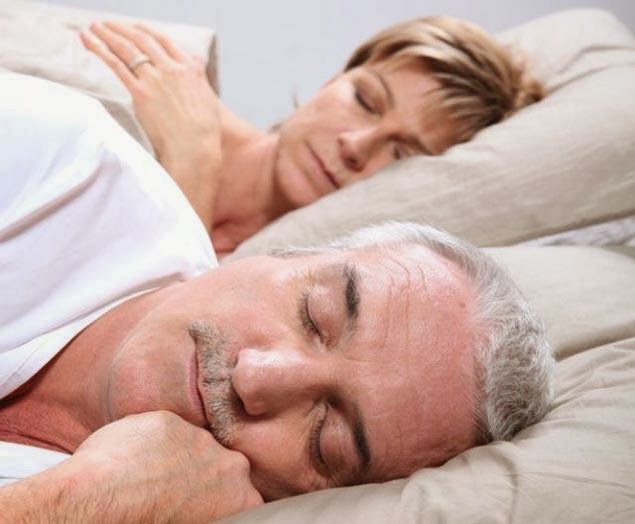"Sleep is the golden chain that ties health and our
bodies together." -Thomas Dekker
Keeping the house too hot --> The optimal temperature
range for sleeping is 68-72 degrees F.
Keeping the house too cold-->Your body temperature drops
during sleep. There is no reason to make the room super cold.
Lack of light throughout the day--> Do not allow the lack
of daylight to alter your sleep patterns.
Dietary changes--> As the weather gets colder, do not
allow yourself to cheat more often on your dietary habits.
Lack of exercise--> It may be cold outside, but do not
let that prevent you from exercising. Exercising during the day can help you
fall asleep at night.
 Over-sleeping on weekends --> You alter your sleep
patterns when you oversleep, so do not sleep until noon.
Over-sleeping on weekends --> You alter your sleep
patterns when you oversleep, so do not sleep until noon.
Dry air--> Dry air can dry out your nostrils, thus
leading to snoring which means less sleep for you and your partner!
Cold and flu season--> People tend to get sick during the
winter. That stuffed up nose will prevent you from getting restful sleep!
In regards to light, "Artificial light striking the
retina between dusk and dawn exerts other physiological effects through
sightless vision. It inhibits sleep-promoting neurons and activates
arousal-promoting orexin neurons in the hypothalamus, and suppresses the
nightly release of the soporific hormone melatonin. " - Dr. Charles
Czeisler.
Orexin is a neurotransmitter; a chemical released between
the neurons in your brain which evoke specific responses in your behavior. This
specific chemical regulates your arousal, wakefulness and appetite. The reason
that this chemical is so important to mention is because if you watch tv, use
your tablet or your phone immediately before going to sleep, you cause your
brain to release this chemical thus preventing yourself from going to sleep.
Even though you may be able to eventually fall asleep after this chemical is released
within your brain, your sleep will be less restorative as a result of its
presence.
Think of Orexin as Will Smith in this image and Geoffery as
yourself trying to sleep!
I believe, based upon my own experiences, it is safe to say
that we all had nights in which it takes a long time to finally fall asleep. In
addition, I think that most people, if they think back to what they were doing
immediately before they attempted to sleep, were probably in the vicinity of an
electronic device that would trigger their brain to inhibit the release of
chemicals that are conducive to sleep.
For those of you on twitter, if you have any comments or
questions that pertain to this specific article, any of our past articles, or
you just want to share your sleep issues, go on twitter and hashtag
#sleepmatters. We would love to hear from you - just do not do it before you go
to sleep!
To read more about why sleep matters, visit our SleepMatters Blog, sponsored by Kensington Furniture and NBC40.

No comments:
Post a Comment